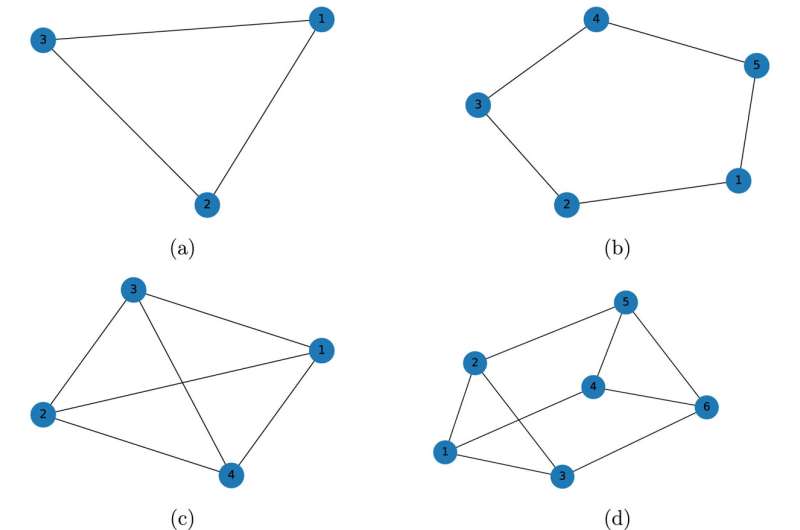
November 19, 2024 by University of Kent
Collected at: https://phys.org/news/2024-11-quantum-actions-devices.html
New research from the University of Kent has demonstrated that quantum information could eventually be used to coordinate the actions of devices that can move, such as drones or autonomous vehicles. This could lead to more efficient logistics, which could make deliveries cheaper, and better use of limited bandwidth for the likes of self-driving cars.
By carrying out “real world” experiments on a quantum computer, the team of quantum physicists (led by Ph.D. student Josh Tucker in the University of Kent’s School of Physics and Astronomy), found that if the two devices share a pair of quantum coins (qubits), the devices can continue to influence each other even after they have been separated and can no longer communicate.
The experiments simulated the phenomenon using real qubits inside a quantum computer developed by IBM. The qubits are made of superconducting material and kept at temperatures colder than the interstellar void. This allows them to behave according to the laws of quantum physics that defy common sense—including the ability to influence each other without coming into contact and without sending signals.
The research paper published in the New Journal of Physics, shows a new way that quantum computing technology could positively enhance the coordination between moving devices to rival and complement the growing use of AI.
Tucker said, “Our research has made significant progress in using quantum computing for real world impact. Our findings provide a route towards possible practical applications of quantum computing, as well as highlighting the challenges and limitations when implementing these strategies on current quantum hardware.”
More information: J Tucker et al, Quantum-assisted rendezvous on graphs: explicit algorithms and quantum computer simulations, New Journal of Physics (2024). DOI: 10.1088/1367-2630/ad78f8
Journal information: New Journal of Physics

Leave a Reply